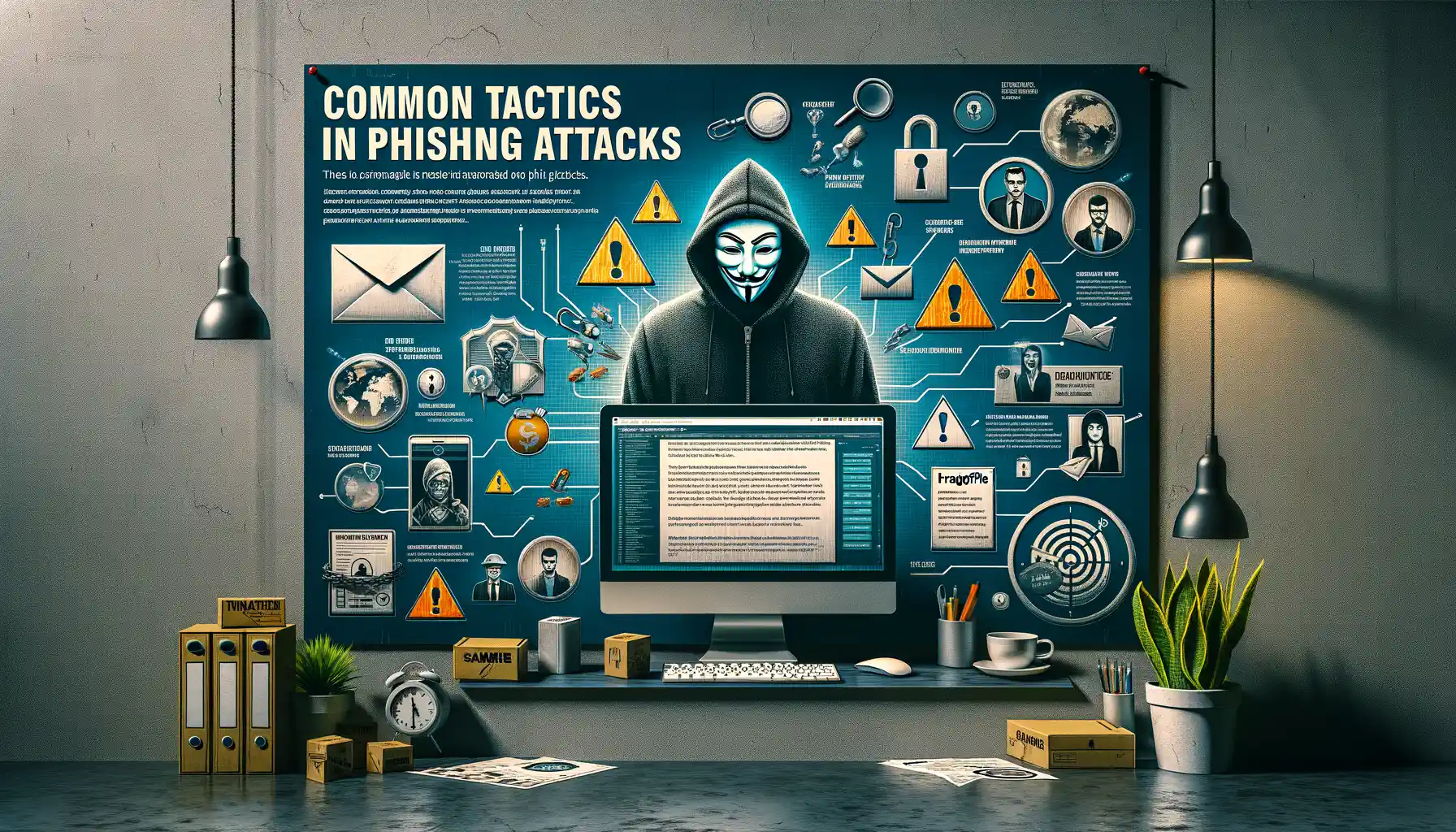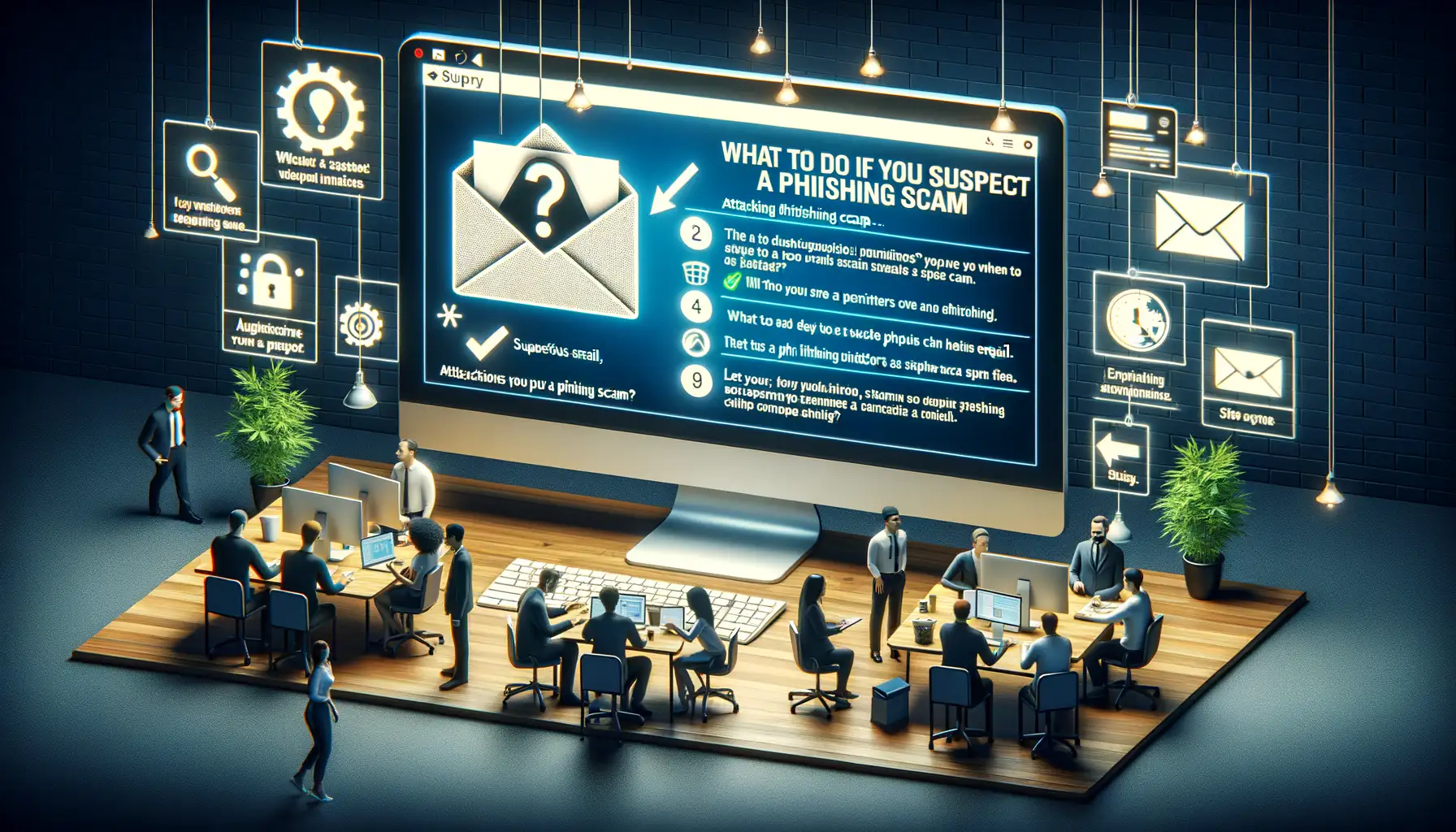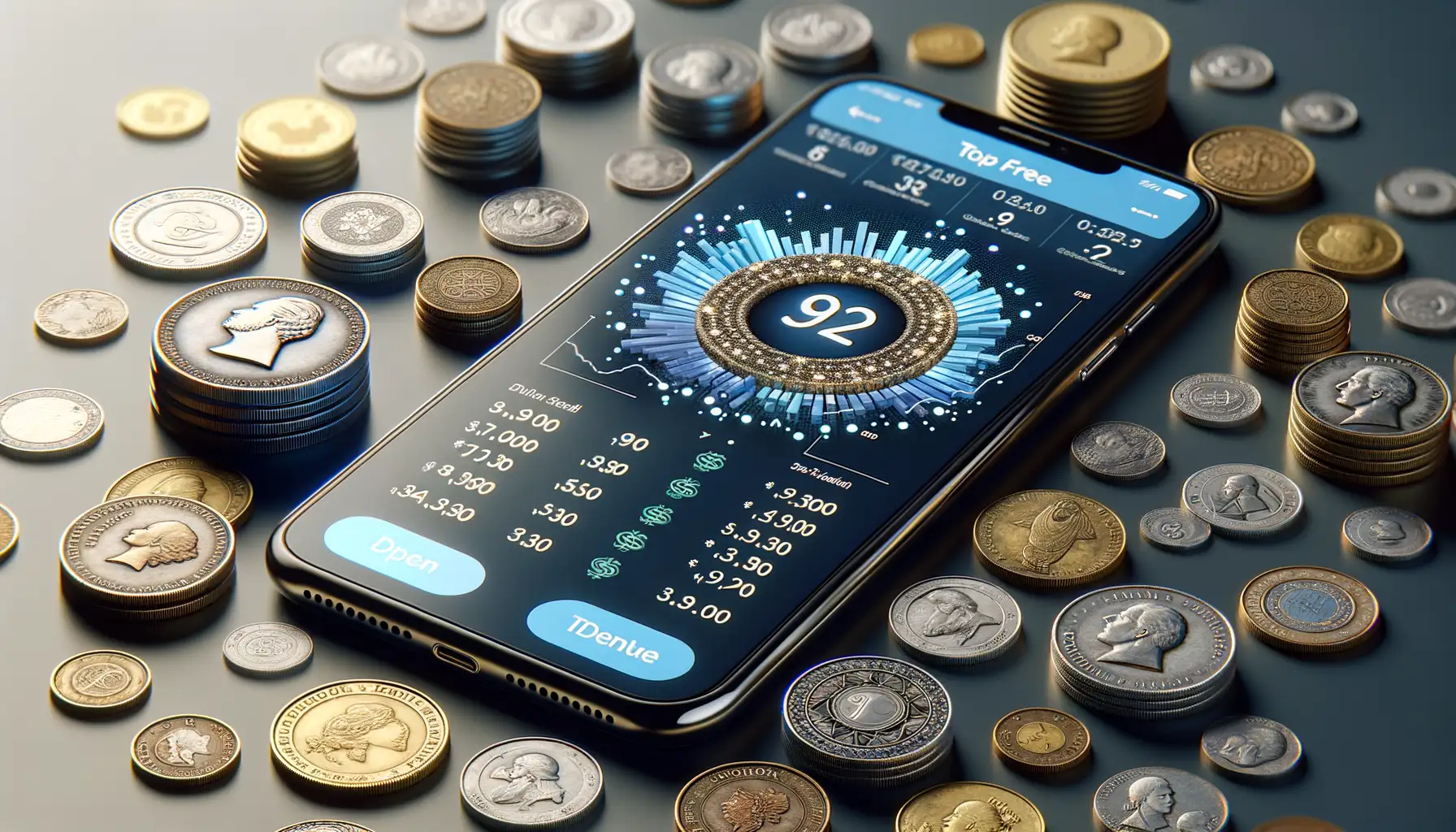Understanding the Threat of Phishing Scams for Coin Collectors
Why Coin Collectors Are a Prime Target
Picture this: you’re admiring your expanding collection of rare coins, each piece carrying its own rich story—and then, out of nowhere, an email appears. It’s flashy, promising access to a limited-edition coin or a too-good-to-be-true auction deal. Your heart races at the prospect of scoring a unique treasure. But wait—could it be a trap?
Phishing scams thrive on emotions like excitement and urgency. And for coin collectors, scammers know exactly which buttons to push. They craft fake websites that mimic trusted coin marketplaces, send emails from what looks like reputable dealers, and even dangle offers for ancient rarities at unbelievable prices. It’s a manipulative game, playing on your passion and trust.
- Faked invoices for coins you haven’t purchased.
- Emails claiming your coin membership account needs verification.
- Exclusive discounts that demand immediate payment.
Your love for collecting is what makes you special—and unfortunately, that’s what scammers exploit. Staying alert isn’t just about protecting your wallet; it’s about holding on to the joy and authenticity of your cherished hobby.
Common Tactics Used in Phishing Attacks

Deceptive Tricks Cybercriminals Use to Reel You In
Picture this: you’re scrolling through your email, coffee in hand, when you spot a message claiming you’ve won a rare, vintage coin worth thousands. Your heart skips a beat. Sounds too good to be true? That’s because it often is. Phishers are master manipulators, and here’s how they bait their hook:
- Urgent warnings or once-in-a-lifetime offers: “Act now or lose this coin forever!” These messages thrive on panic or excitement, tricking you into clicking before thinking.
- Fake websites with a polished look: Ever land on a site that looks eerily like your favorite numismatic marketplace? Fraudsters mimic trusted platforms to make you feel secure.
- Personalized messages: “Hi [Your Name], we noticed you were searching for rare U.S. mint coins.” They often use info scraped from online forums or your social media activity.
The Emotional Angles They Exploit
Phishing attacks don’t just target your wallet—they aim for your emotions. Love coins? They’ll dangle your dream collectible just out of reach. Fear losing your account? Phishers might send spoofed emails from “official” auction sites claiming your account has been compromised. The goal is simple: make you anxious or excited enough to act without double-checking.
Think of it this way—phishers are digital actors performing a role. They mirror your interests, like rare proof sets or historic gold coins, to establish false trust. Don’t let their smooth talking fool you. Always verify before you buy!
Steps to Protect Yourself from Phishing Scams

Spot the Red Flags Before They Spot You
Picture this: you’re savoring your morning coffee, scrolling through an email offering a rare 1909-S VDB Lincoln cent at an irresistible price. Your heart skips a beat—could this be the treasure you’ve been waiting for? Pause right there! That thrill is exactly what phishing scammers prey on. To dodge their trap, you’ve got to sharpen your instincts.
Here’s how to stay ahead of them:
- Verify the sender: If the email address looks even slightly off—like “numismatists-expertt.com” instead of “numismatist-expert.com”—don’t engage.
- Hover over links: Place your cursor over any URLs in the message without clicking. Does the link lead to a trusted site or some sketchy-looking domain?
- Beware of urgency: Scammers love to pressure you with phrases like “Offer ends in 24 hours!” Trust me, rare coins don’t sell like hotcakes on a timer.
Strengthen Your Digital Armor
No matter how savvy you are, your digital defenses need reinforcements. Start with a robust antivirus and keep it updated like you would the value log of your prized coins. Activate two-factor authentication (2FA) on your email and auction accounts. It’s like giving your collection an armored vault—just one more layer between you and danger.
And remember, sometimes it’s as simple as trusting your gut. If something feels too good to be true—like that elusive 1933 Saint-Gaudens Double Eagle suddenly up for grabs—it probably is. Protecting yourself takes vigilance, but your cherished collection is worth it!
How to Identify Legitimate Coin-Related Offers

Spotting Red Flags in Coin Offers
Your passion for coins shouldn’t lead you into a trap. Scammers know exactly how to spin an offer to make it gleam like a rare double eagle, but here’s the catch: not everything that glitters is gold. How do you sift real from fake? Watch out for these red flags:
- Too-good-to-be-true prices: Offered a 1933 Saint-Gaudens for pocket change? Pause. Research actual market value first.
- Rushed deadlines: Phrases like “Limited time only!” or “Act now!” are designed to panic you. Genuine dealers want informed buyers, not quick sales.
- No traceable history: Reliable sellers provide detailed provenance and certification. A blank backstory should make you suspicious.
Trustworthy Sources & Verification Tips
When buying coins, stick to dealers with established reputations. Look for memberships in organizations like the American Numismatic Association (ANA) or other respected numismatic groups. Always verify their legitimacy by cross-checking their credentials on official directories.
Finally, if the offer comes via email or text, inspect the links carefully. A trusted seller won’t send you to a website URL like “[email protected].” When in doubt, trust your gut—and maybe call a friend in the hobby to confirm!
What to Do if You Suspect a Phishing Scam

Spotting Red Flags: Trust Your Instincts
You’ve received an email or message, and something about it feels…off. Maybe it’s that overly formal language, too-good-to-be-true offer, or a strange request for your account details. If your gut is sending up flares, listen to it! Phishing often plays on urgency, so take a deep breath and remember: you don’t owe anyone immediate answers.
Here’s how to act fast without rushing into trouble:
- Pause before clicking: Hover over links to inspect the URL—it should match the official website you expect. Strange domain names? Major red flag.
- Verify directly: Contact the organization using their official methods—don’t rely on phone numbers or emails provided in the message (they’re often bait).
- Watch for oddities: Typos, blurry logos, weird formatting… legitimate companies don’t skimp when they communicate with you.
The Next Steps: Protecting Yourself
If you suspect you’ve been targeted, act swiftly but calmly. Start by running an antivirus scan to ensure no harm has been done. Then, report the scam to relevant platforms or your email provider—many have a quick “report phishing” option. Lastly, change your passwords (yes, all of them) for accounts tied to your coin-collecting hobby. Phishers are hoping you’ll panic; prove them wrong by staying a step ahead.


